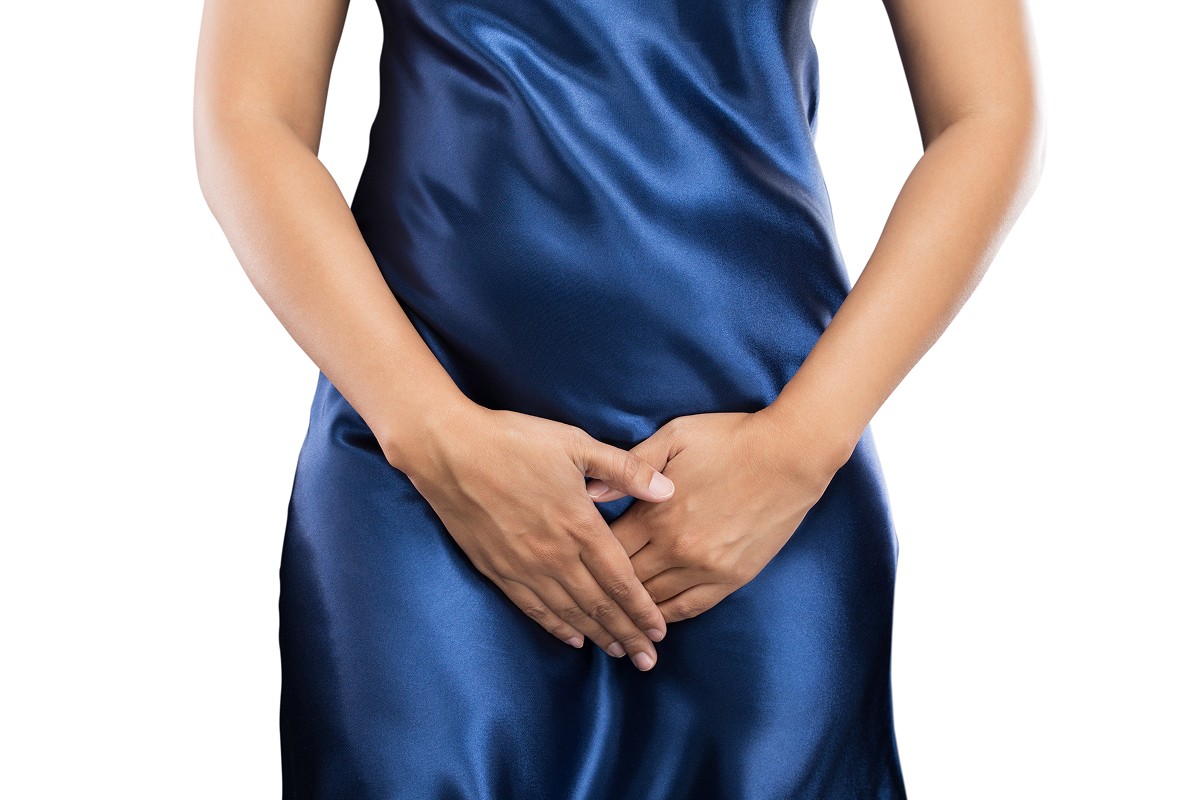Is Boric Acid Good for Yeast Infections?
Like with many centuries-old home remedies and alternative treatments, there’s some understandable confusion around the use of boric acid for vaginal care, particularly around whether boric acid can be used to treat yeast infections.
Do a search online or look on social media and the answers become even less clear. In fact, many reputable sources talk about using boric acid suppositories to treat vaginal yeast infections. But, what does the science say? Does boric acid help with yeast infections?
Rumor vs. Fact: Boric Acid and Yeast Infections
The answer is that the jury is still out. Boric acid suppositories are not an FDA-approved treatment of yeast infections or any other vaginal infection. While some researchers believe boric acid may have antifungal and antibacterial properties, there is still more research to be done. There is not enough conclusive evidence to support using boric acid suppositories to treat yeast infections.
The bottom line is more studies are needed.
Approved yeast infection treatments
First-line treatments for yeast infections are antifungal medications. Because yeast is a fungus, you need an antifungal medicine to cure it. These medications come in either prescription pill form (such as fluconazole) or in creams, ointments, ovules and suppositories that contain miconazole, terconazole, or tioconazole, which are available online and in stores over the counter.
MONISTAT® yeast infection treatments, which use miconazole or tioconazole, cures most vaginal yeast infections within seven days and some products come with an external cream for relief from itch and irritation. Oral treatments prescribed by a doctor may take up to 16 to 24 hours before relieving symptoms. MONISTAT® products also work with less drug resistance and fewer drug interactions than the prescription pill.
Talking to Your Gynecologist About Boric Acid for Yeast Infections
If you do have a yeast infection, it’s important to treat it as soon as possible to help relieve your discomfort and so the infection doesn’t get worse. If this is your first yeast infection, if you’re not sure you have a yeast infection, or if you have questions about how to treat your yeast infection, talk to your doctor.
Earlier we asked, “Does boric acid help with yeast infections?” The key word in that question is “help,” and that makes it the perfect question to ask your doctor. There are some studies that suggest boric acid might help prevent yeast infections. There are still not enough studies to say for sure, but it’s worth talking about with your doctor especially if you suffer from recurrent yeast infections.
Recurrent yeast infections and boric acid
If you have recurrent yeast infections, your doctor may recommend boric acid suppositories. Ask about this if you’re curious, but do not use them on your own without your doctor’s blessing if you do struggle with recurrent infections or if you have a current infection.
Other things to discuss that may help prevent overgrowth of yeast are making changes to the foods you eat, trying probiotics or other supplements, changing your hygiene routine before and after sex, and other potential measures you can take to help prevent yeast infections. These are all useful topics to discuss while at your next doctor visit.


Maintain™ with Boric Acid
Learn more about Maintain™ products with boric acid.
What Boric Acid Can Do for Vaginal Wellness
Now that you know boric acid is not an approved treatment for yeast infections, the question is what can it do?
Boric acid’s natural acidity allows it to help promote pH balance. Anytime your vagina’s pH balance is off, you may notice an increase or change in odor, itchiness, and discharge.
Maintain™ from the Makers of Monistat Boric Acid Feminine Cleanser and Feminine Cleansing Wipes are formulated with a unique, pH-balanced boric acid complex to help cleanse away this odor and discharge during showers or after workouts, whenever needed. Plus, they’re generally safe to use every day.
Boric acid suppositories may be used as an added tool to help promote vaginal odor control. While you can typically use the wipes and washes every day (check with your doctor first), the vaginal suppositories should only be used as needed for a period of up to 10 days, with no more than 10 suppositories being used over a two-month period.
Be sure to read the packaging instructions and warnings before using. Women who are pregnant or breastfeeding should not use products containing boric acid, and boric acid can be toxic if the suppository or its contents are accidentally ingested by mouth.
Learn more about using boric acid feminine hygiene products in “Managing Vaginal Discharge & Odor with Boric Acid.”
